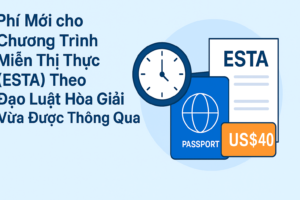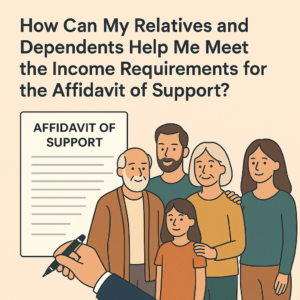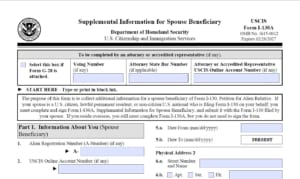 Those who are interested in obtaining U.S. permanent residence and green cards and have received national or international acclaim in the sciences, arts, education, business or athletics may want to consider an EB-1A immigrant visa.
Those who are interested in obtaining U.S. permanent residence and green cards and have received national or international acclaim in the sciences, arts, education, business or athletics may want to consider an EB-1A immigrant visa.
An EB-1A immigrant visa, formally known as Employment-based First Preference immigrant visa category is a unique type of immigrant visa for those who qualify. Some examples of somebody who could qualify are a Pulitzer prize winning writer, and Olympic athlete or the CEO of a highly successful start-up technology company. Initially the applicant must be able to show extraordinary achievement through documentation in three of the following areas:
- Receipt of nationally or internationally recognized prizes or awards for excellence;
- Membership in associations in the field that demand outstanding achievement of their members, as judged by recognized national or international experts;
- Published material about the applicant in professional or major trade publications;
- Evidence that the applicant is a judge of the work of others in the field;
- Evidence of the applicant’s original contributions of major significance to the field;
- Authorship of scholarly articles;
- Display of the applicant’s work at artistic exhibitions or showcases;
- Evidence the applicant has performed in a leading or critical role for organizations that have a distinguished reputation;
- Evidence that the applicant commands a high salary in relation to others in the field; or
- Evidence of commercial success in the performing arts.
Just meeting three of the above criteria is not in and of itself a guarantee for approval. In making a case to show qualifications for an EB-1A visa, the individual must demonstrate that he or she has obtained “a level of expertise indicating that the individual is one of a small percentage of persons who have risen to the very top of the field of endeavor”.
For more information on qualifying for an EB-1A immigrant visa, contact us at info@enterlinepartners.com and speak with an experienced U.S. immigration attorney.








